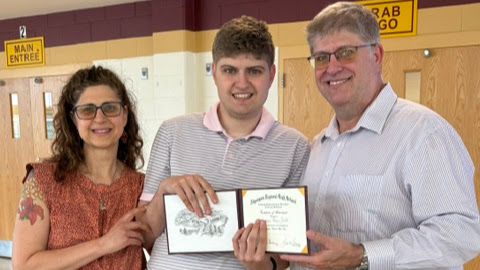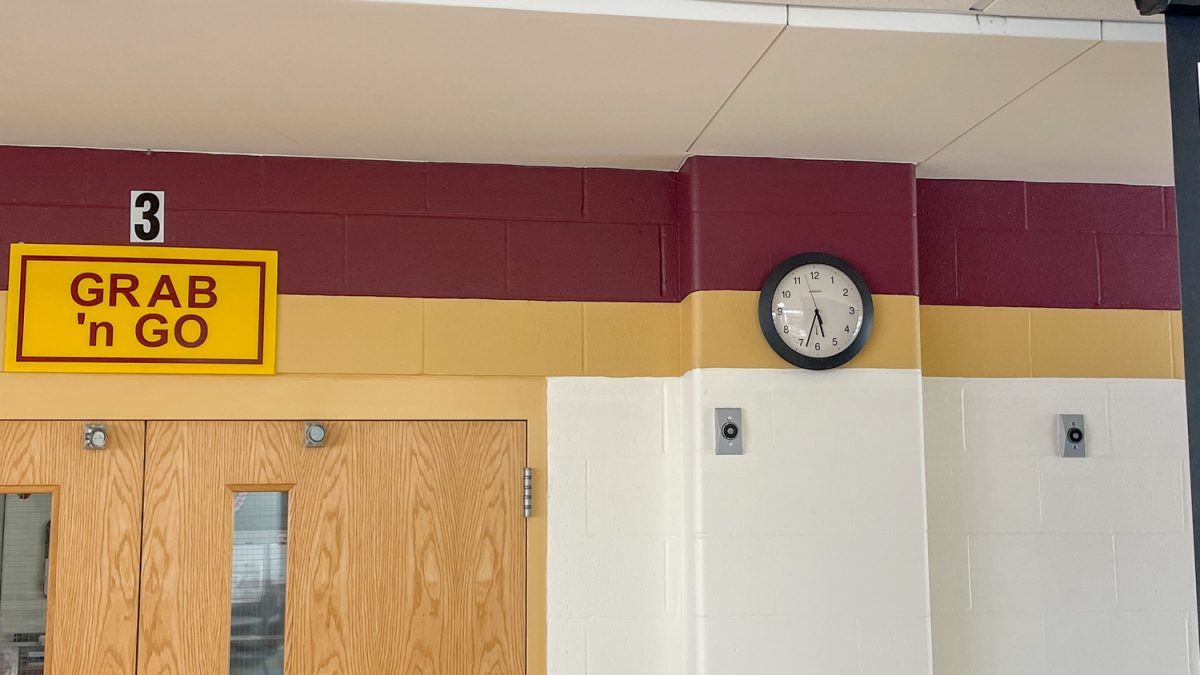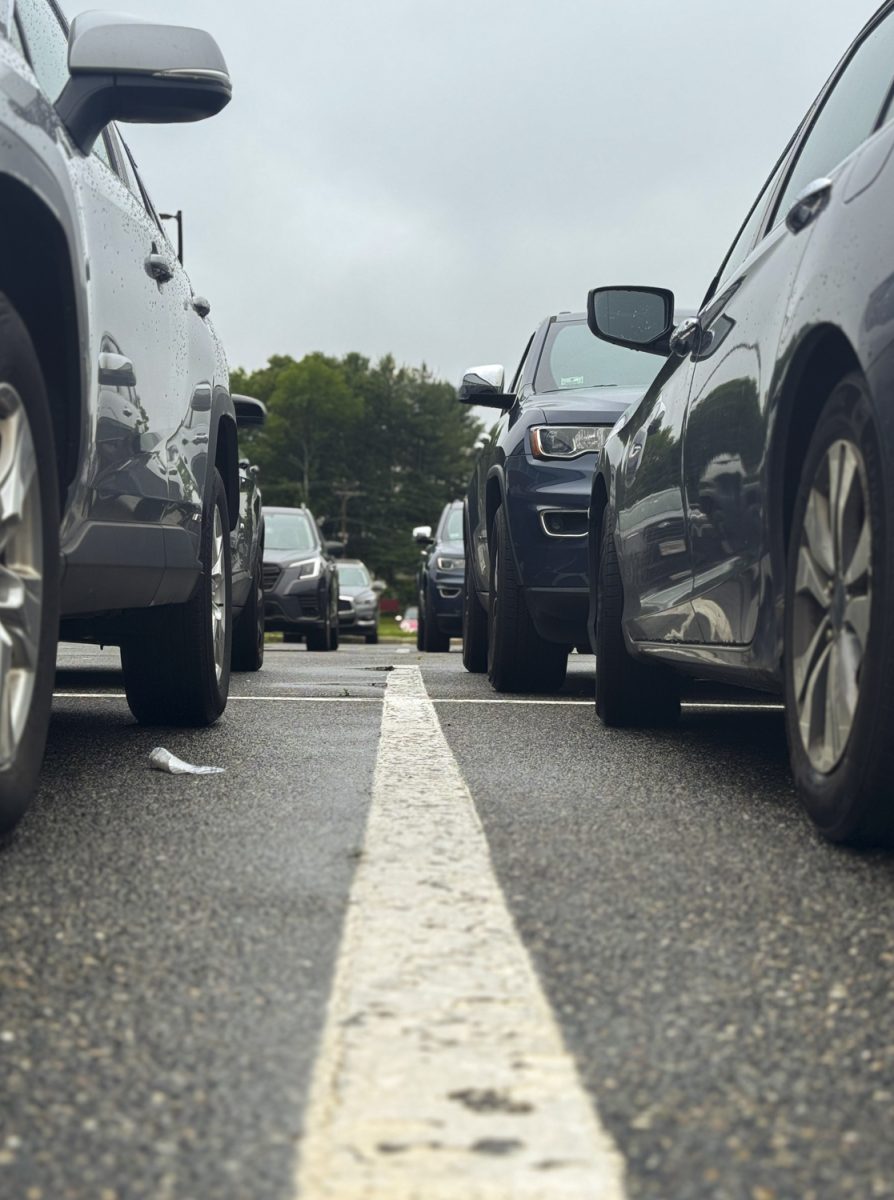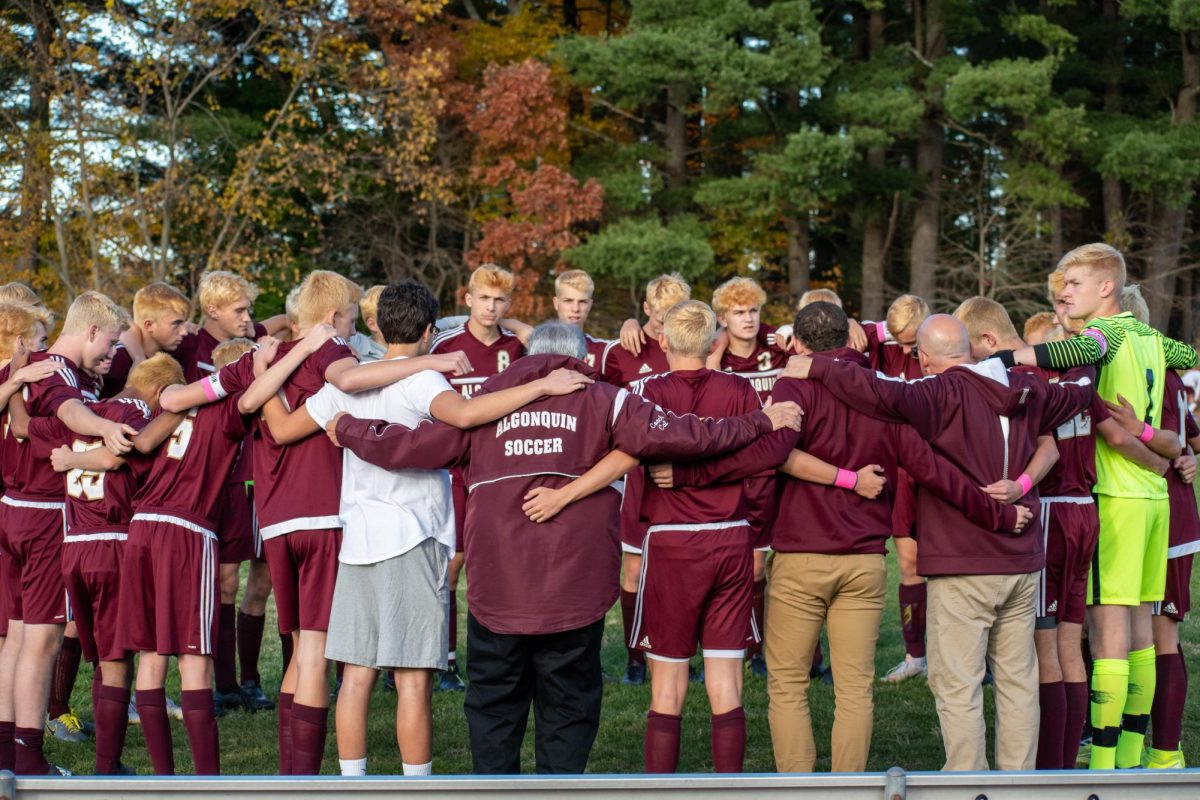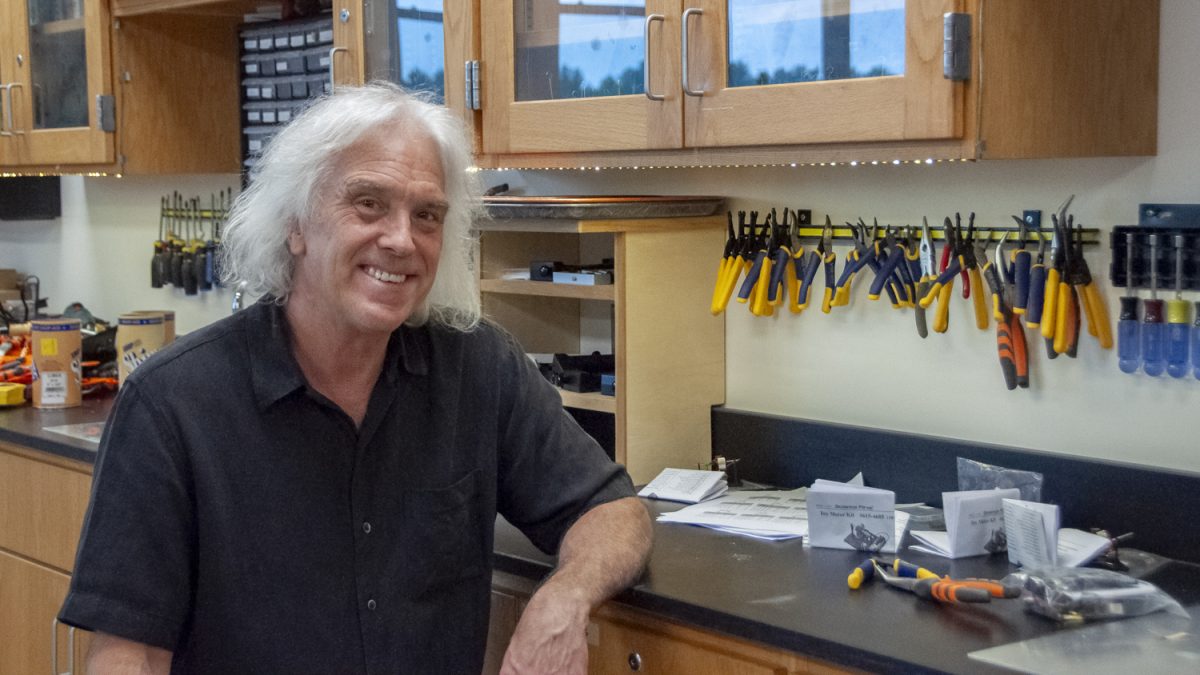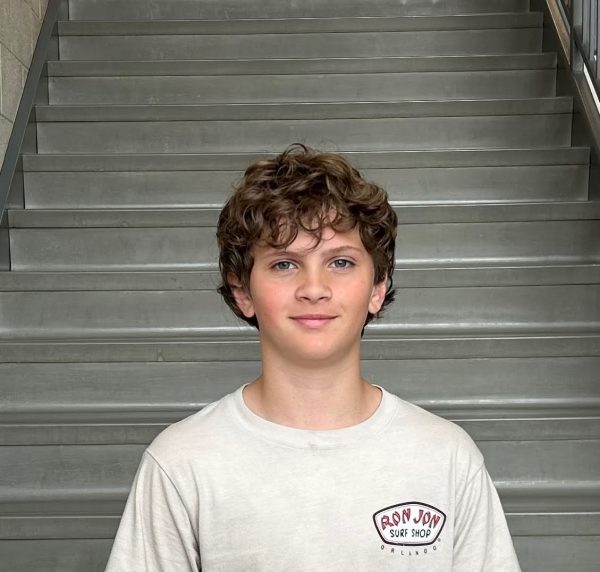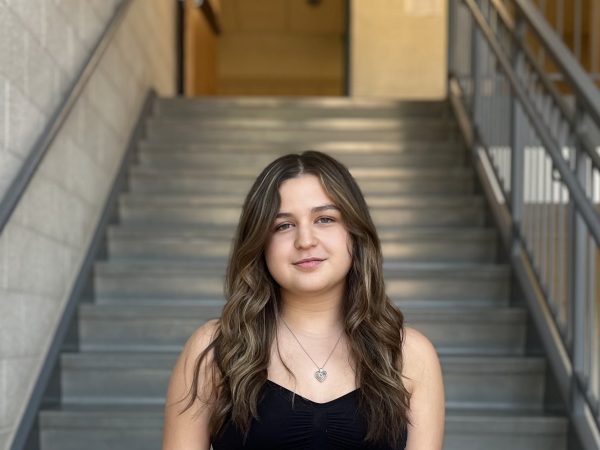Teachers view the un-leveling of US History I to be such a success in community-building and in providing unique learning opportunities that other departments have considered if they should do the same.
The Social Studies department switched from the required course’s separate College Prep (CP) and Honors sections to an unleveled U.S. History I course for incoming freshmen in 2018. After doing extensive research, they decided that an unleveled class would bring more opportunities for students. These opportunities include meeting together in big groups, skill building, and flexibility in scheduling.
Before deleveling the course, members of the department researched other schools that deleveled classes. Since then, the teachers have felt good about the change.
“We really felt strongly, especially in freshman year, that it was a good opportunity for all students to be together,” Social Studies department head Brittany Burns said.
While an unleveled course has unique challenges, the class’ success has influenced other departments to consider similar course offerings.
“We were the first, but many departments have thought about it,” Burns said.
The decision was made to make it easier for freshmen to transition into high school, but it’s been so much more than that.
“We did it because there’s so much evidence that heterogeneous grouping is really beneficial for skill development, learning, and for all kinds of different things,” Burns said.
Another key purpose of the unleveled course is to allow students to interact with a wider range of peers through large group lessons.
“It allows the students to not only have blended classes but also allows them to have activities like big group,” Head of Guidance Lisa Connery said.
Although Principal Sean Bevan was not here in 2018 for the switch, he is pleased with the decision.
“I’ve seen some very impressive work that proves that de-leveling was the right decision,” Bevan said.
The unleveled class was based on the older Honors class instead of the CP course. The teachers work to make the material and activities accessible to all students.
While many teachers want more unleveled classes, many students do not agree. According to a Harbinger survey of 134 students from Dec. 12 to Dec. 15 via Google Forms, 93% of respondents said they do not want more classes to be unleveled.
“There is a cultural complex to [de-leveling],” Burns said. “It’s more complex than just changing.”
A major difference for students taking an unleveled class is the calculation of their GPA. An unleveled class is considered a CP class and only counts for a 4.0 GPA (Honors is 4.5, and AP is 5.0), which frustrates many students. However, having all freshmen take the same level of class was part of the plan to create more equity when entering high school by having all students have the same learning experience.
“A lot of people are used to the system and when you get used to the system, it can be really hard to undo the system, even when we know the system isn’t working,” Burns said.
A common concern amongst teachers at the time of de-leveling was what would happen with the leveled sophomore social studies class, US History II. They didn’t know if students would choose the wrong class and if more movement would occur. However, this has not turned out to be the case.
“I wouldn’t say that there’s any more [students dropping US History II honors] than there were previously,” US History II teacher Brandon Puzzo said.




